Radical imam Ahmed Zoud’s apology to Jews one day, call for Allah to kill all ‘oppressors’ the next
Extremist cleric Ahmed Zoud has apologised for preaching that Jews are ‘bloodthirsty monsters’, but his latest inflammatory sermon raises questions about whether he’s really sorry.
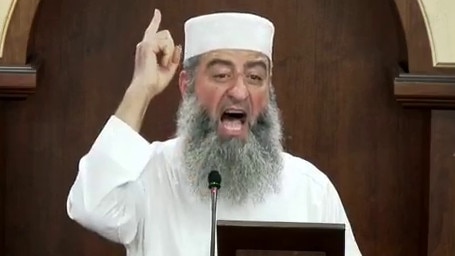
An extremist cleric who preached that Jews were “bloodthirsty monsters” who “ran like rats” from the October 7 Hamas attack has formally apologised after Australia’s peak Jewish body lodged a vilification complaint over the sermon he delivered in 2023.
However, The Australian can reveal that, as recently as last Friday, Sheikh Ahmed Zoud issued a prayer to the people of Gaza at the end of his sermon, for Allah to “deal with the tyrants and the oppressors” and to “kill them all, and leave none of them behind”.
While Sheikh Zoud did not mention Jews by name in his latest rant, he had pledged in his apology not to repeat statements that “could be interpreted as targeting Jewish people as a whole”.
On Thursday, the Executive Council of Australian Jewry welcomed the resolution of its complaint against Sheikh Zoud (also known as Sheikh Zod) to the Australian Human Rights Commission following Mr Zoud’s “unreserved” apology.
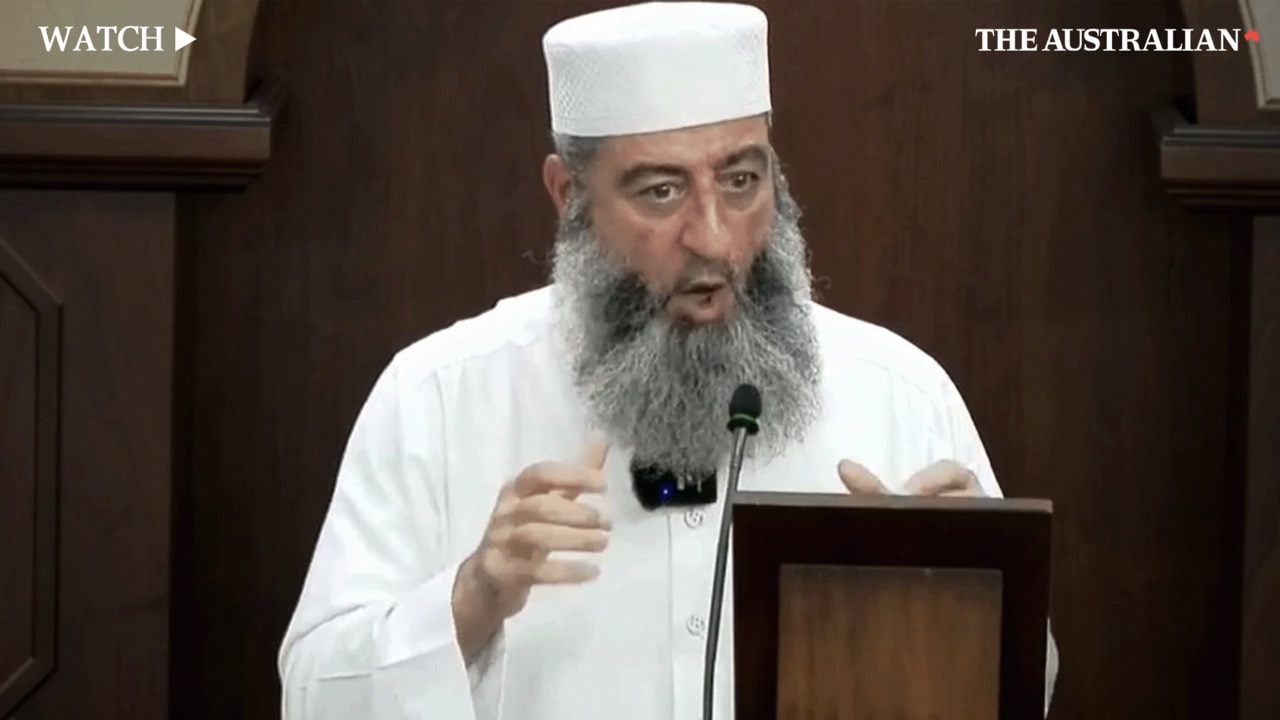
ECAJ co-chief executive Peter Wertheim said the apology to the Jewish community was “a welcome admission of wrongdoing by Ahmed Zoud and we hope that it will serve as an example for the future about the limits of freedom of expression”.
“We hope that the resolution of this complaint will serve as a reaffirmation of the principle that Australia is a safe place for people of all backgrounds, and no place for the kind of immoderate and at times anti-Semitic rhetoric that we have witnessed in recent times.”
Upon learning of Sheikh Zoud’s latest inflammatory remarks, Mr Wertheim told The Australian that, if the imam failed to adhere to his undertakings, “we will have no hesitation in availing ourselves of legal remedies to enforce them.”
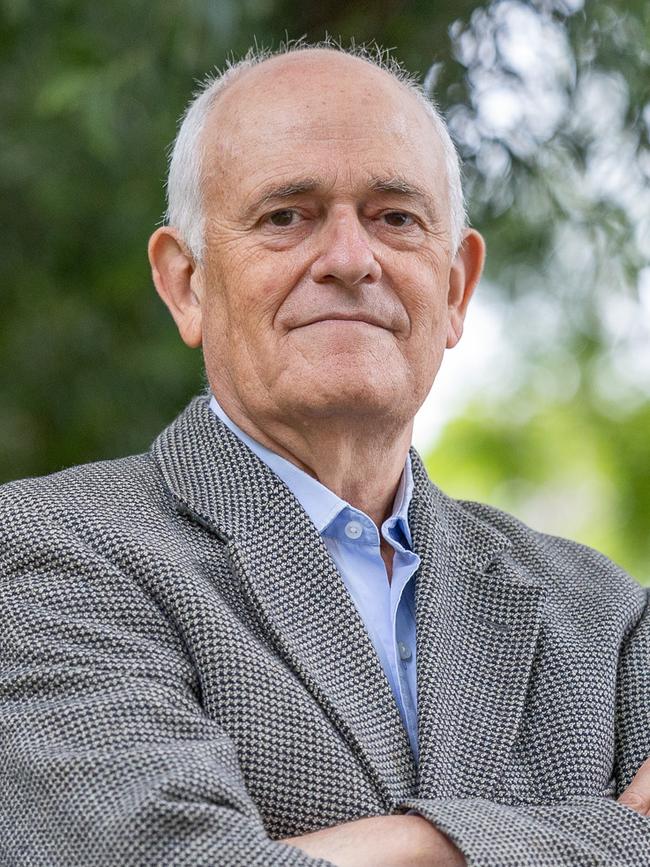
“We expect the terms on which that complaint was resolved to be honoured,” Mr Wertheim said. “In particular, we expect that Ahmed Zoud will adhere to the undertakings that he has given, and this includes not making or publishing any statement which makes derogatory generalisations about Jews, including statements which attribute to Jews, as a group, characteristics that vilify and demonise.”
The Human Rights Commission complaint was brought by Mr Wertheim and deputy president Robert Goot in March last year after a sermon by Sheikh Zoud entitled “The truth about the Jews and their characteristics”, delivered in Arabic in December 2023 at the Masjid As-Sunnah mosque the Sydney suburb of Lakemba.
“Who are these terrorists … these monsters … who have removed mercy from their hearts,” Sheikh Zoud said.
“These (people) are the Jews, not all of them, but most of them. The most important characteristic of the Jews is that they are thirsty for bloodshed … another is betrayal and treachery.”
Sheikh Zoud said the Jews “loved to shed blood” and accused them of raising their children on “violence, terrorism and killing”.
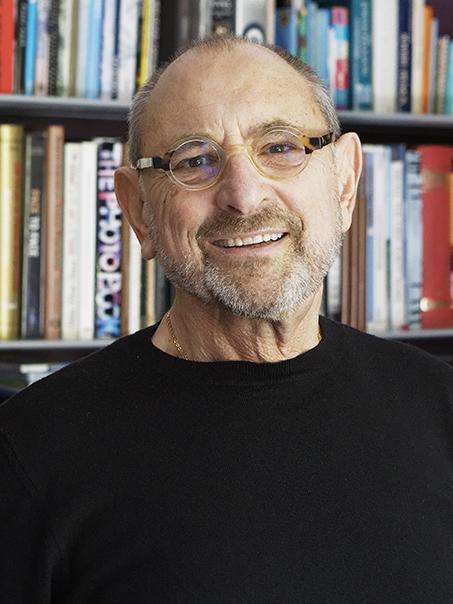
In a statement signed on April 23, Sheikh Zoud apologised “unreservedly and unconditionally” for his remarks.
“I deeply regret the way I framed my comments and understand how they could be interpreted as targeting Jewish people as a whole,” he said. “I did not intend to make such a sweeping generalisation. I did not seek to harm Jewish people based on their race or religion. This is not an excuse but an explanation to hopefully assure you that I will not repeat these comments.”
Sheikh Zoud read his apology in Arabic at the As-Sunnah mosque, acknowledging his 2023 sermon “contained harmful, insulting, and dehumanising generalisation about the Jewish people. “I used strong language when speaking about the Israeli army and government, and it was not my intention for that language to be directed at the Jewish people as a whole,” he said.
“I express regret for the way my comments were phrased and recognise how they could be interpreted as targeting Jews collectively. I did not intend to harm Jews because of their ethnicity or religion. This is not an excuse, but a clarification that I offer in the hope of assuring you that I will not repeat such comments.”
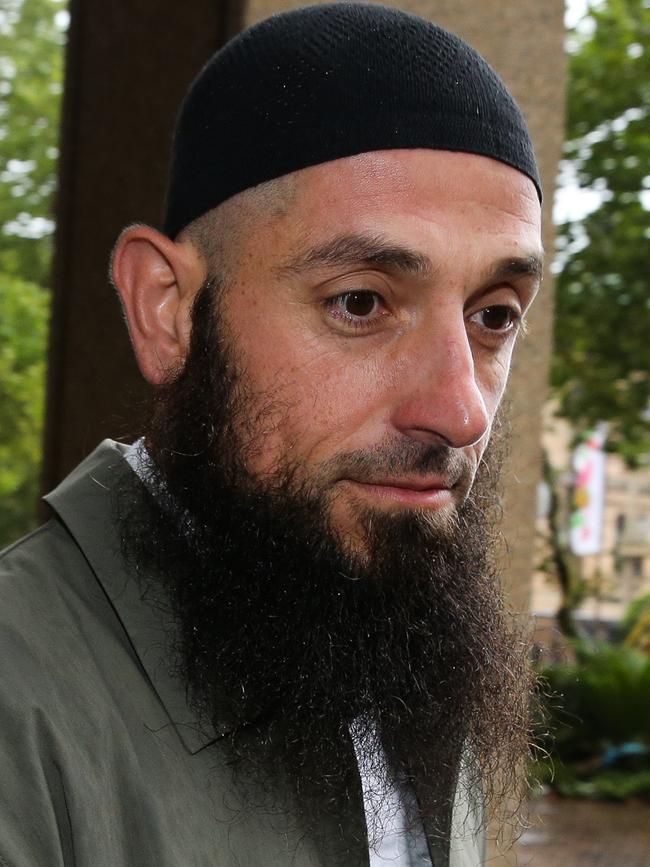
However, Sheikh Zoud also delivered a prayer in Arabic, later translated to English by The Australian, that included a series of supplications directed at what he described as oppressors. It began with prayers for the people of Gaza and Muslims around the world and pleas for divine assistance, then turned to invoking God’s retribution against “oppressors”.
“Oh, Allah, deal with those who have wronged them,” he said. “Oh, Allah, deal with the tyrants and the oppressors. Oh, Allah, count them one by one, kill them all, and leave none of them behind.”
Sheikh Zoud went on: “Oh, Allah, scatter their unity, disperse their gathering, cast terror into their hearts, and make their strength among themselves severe.”
In the final section of the sermon, he called on God to bring punishment: “Oh, Allah, unleash upon them the sword of your vengeance … Oh, Allah, strike them with a punishment from you. Oh, Allah, shake the earth beneath their feet, freeze the blood in their veins, and inflict upon them a black day like the day of Aad and Thamud.”
Aad and Thamud were two ancient Arab tribes mentioned repeatedly in the Quran as examples of peoples who rejected divine guidance and were destroyed by God for their arrogance and disobedience.
ECAJ has also lodged a complaint against firebrand cleric Wissam Haddad, also known as Abu Ousayd, alleging that in at least five sermons he made up to 40 defamatory imputations, including that Jews were “cowards, filthy, liars and schemers”.
In one lecture, Mr Haddad had described Jewish people as “a mischievous people who use their wealth to have authority over the weak”. He also quoted the hadith about “the Muslims fighting the Jews at the End of Times when the trees and stones will speak and tell the Muslims where the Jews are hiding so they can kill them”.
Mr Haddad has refused to apologise or retract the comments. That case is due to be heard over four days in the Federal Court from June 10.

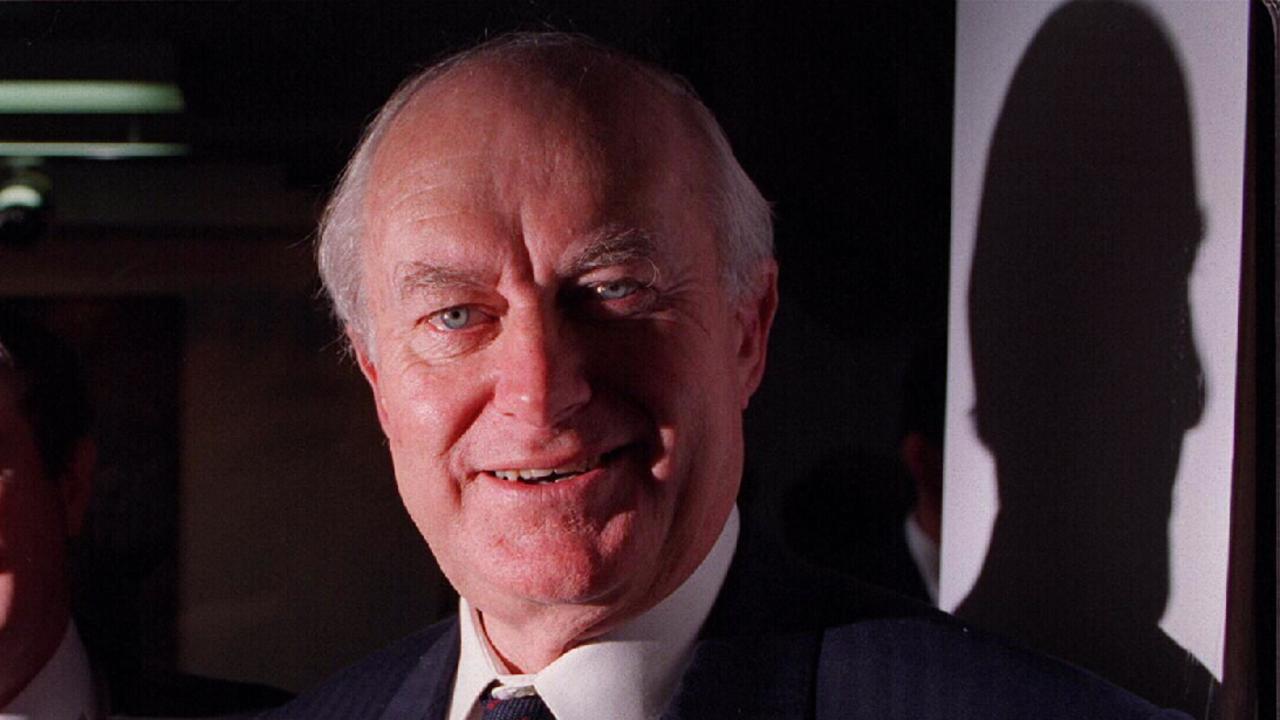

To join the conversation, please log in. Don't have an account? Register
Join the conversation, you are commenting as Logout